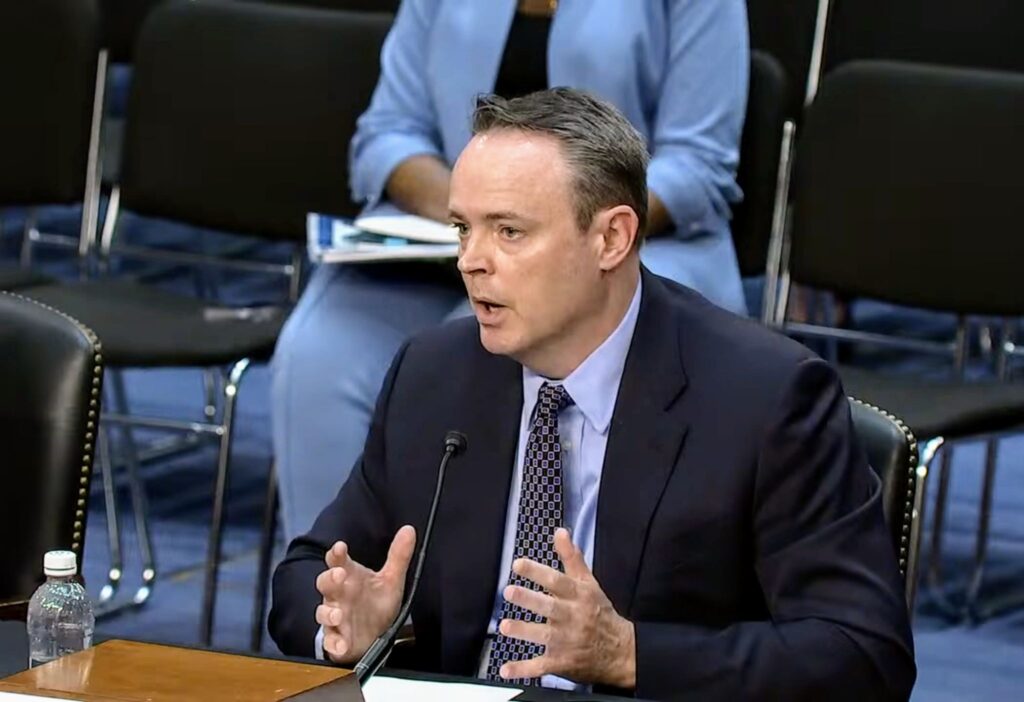Testimony on Ridesharing in Louisiana
Testimony from:
Marc Hyden, Director of State Government Affairs, R Street Institute
Testimony on Ridesharing
May 21, 2019
Senate Judiciary A Committee
Chairman and members of the committee,
My name is Marc Hyden, and I am the Director of State Government Affairs for the R Street Institute, a nonprofit, nonpartisan public policy research organization. Our mission is to engage in policy research and education in many areas, including the ridesharing industry, and I appreciate the opportunity to provide a national perspective on ridesharing.
To date, 45 states, excluding Louisiana, have enacted a statewide regulatory framework to govern and permit the use of ridesharing apps. States without such a regulatory system have largely relegated ridesharing to a few isolated corners of their states. However, states with uniform regulatory systems have seen great benefits on many fronts, ranging from improved public safety to increased job creation.
Research suggests that ridesharing drastically limits intoxicated driving. In fact, DUIs plummeted across Georgia[i] and in Miami, Florida when ridesharing companies entered those markets.[ii] It’s easy to see why. Lyft and Uber rides are convenient, cost-effective and provide an improved customer experience. This invites drinkers to forego driving while intoxicated.
Beyond reducing drunk driving and saving lives, ridesharing creates new jobs with great flexibility. Lyft and Uber can create quality jobs too. The average full-time UberX driver in New York City, for instance, earns over $90,000.[iii] But many only work part-time in order to supplement their incomes, and since Lyft and Uber offer great flexibility, drivers can choose what part-time hours they wish to work at their convenience.
Ridesharing’s solutions aren’t limited to public safety and job creation. Lyft and Uber can help in a host of other ways that benefit more vulnerable members of society. Indeed, ridesharing is an ideal reliable transportation option for senior citizens, the disabled and those who cannot afford a personal vehicle.
The bottom line is that certain gaps exist in the transportation market, and ridesharing companies can help fill those gaps while creating new jobs and reducing instances of drunk driving.
Thank you for your time,
Marc Hyden
Director, State Government Affairs
R Street Institute
(404) 918-2731
[i] Hyden, Marc, “The Uber effect on drunk driving,” Marietta Daily Journal, Nov. 8, 2018.
[ii] Charles, Rabin, “DUI arrests in South Florida plummet. Uber, Lyft, millennials among the reasons why,” Miami Herald, July 31, 2018.
[iii] MacFarland, Matt, “Uber’s remarkable growth could end the era of poorly paid cab drivers,” Washington Post, March 27, 2014.



